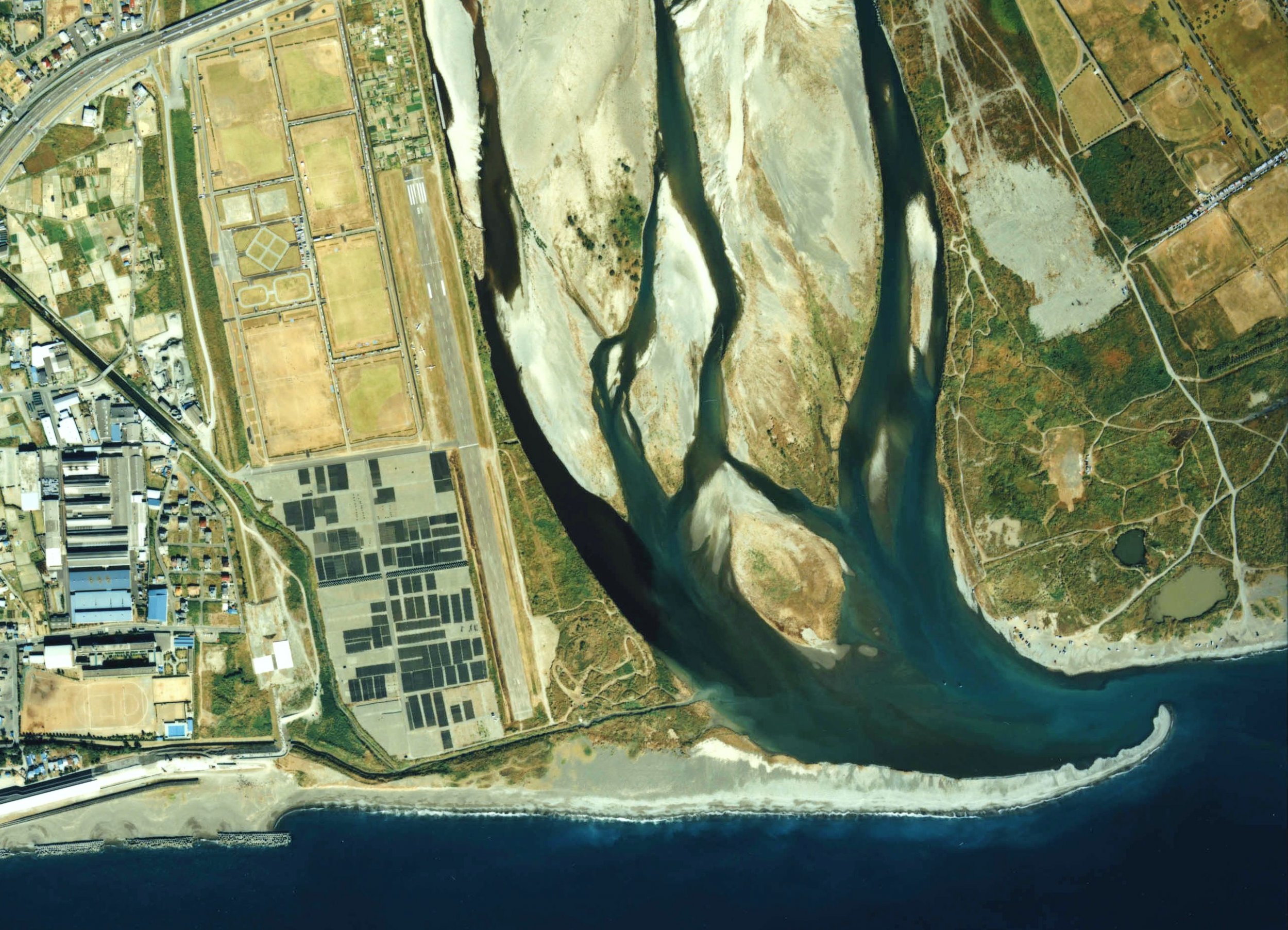
Quora Questions are part of a partnership between Newsweek and Quora, through which we'll be posting relevant and interesting answers from Quora contributors throughout the week. Read more about the partnership here.
Answer from Ava Mohsenin, studies Economics & Environmental Studies at McGill University:
This debate about whether wind, solar, and hydroelectric power could affordably meet the nation's energy needs by 2055, as proposed by The Solutions Project, has actually erupted recently, after the publishing of a rebuttal by a few dozen researchers.
The Solutions Project is a super appealing proposal, albeit a bit fanciful. The project was the brain child of Mark Jacobson, the director of the Atmosphere and Energy Program at Stanford. His credentials are impressive, as is his team and the data used. He boldly said, "What we've shown is that all the claims that moving to 100 percent renewables is just too expensive, it's impossible, the lights are gonna go out—they're just not true."
Their plans for each of the 50 states to reach 100% renewables by 2050 has caught a lot of attention, which is a noble (and in my opinion, ultimately inevitable) transition, but requires huge shifts in infrastructure, policy, and consumption patterns. The biggest take away for me isn't that it is possible to reach 100% (which is inevitable due to storage possibilities increasing, cost-competitiveness or cost-advantages compared to traditional energy sources, and social acceptance/preferences for renewables), but that it would be extremely difficult to reach 100% by 2050. That time frame is unlikely simply due to the lack of political will, technology adoption rates in renewable energy on the state-level, and more complicated (to me) technical barriers noted by the co-authors of the rebuttal of this plan, here.
According to the Institute for Energy Research, in 2015, 9.9% of the total energy consumed in the U.S. is renewable, and about 13.1% of all energy produced, so we're pretty far from 100% renewable. I am a huge advocate for a faster and more sustainable transition to renewable energy, but I think some of the points brought up in the rebuttal are valid:
- "The fear is that legislation will mandate goals that can't be achieved with available technologies at reasonable prices, leading to 'wildly unrealistic expectations' and 'massive misallocation of resources,' says David Victor, an energy policy researcher at the University of California, San Diego, and coauthor of the critique. 'That is both harmful to the economy, and creates the seeds of a backlash.'"
- "Georgia, for example, which has a coastline about 100 miles long and a total area of more than 59,000 square miles, would get 35 percent of its energy from offshore wind—none of which has been developed to date."
- "Alaska, which has a fragmented power system due to its immensity and the remoteness of many communities, would get 70 percent of its energy from wind, both offshore and onshore."
- "The political barriers are also formidable. Ohio, for instance, recently froze its renewable portfolio standards, effectively halting state-mandated goals for renewable energy programs. Overcoming the policy barriers, acknowledges Jacobson, will be hard but not insurmountable: 'We believe that if people have this information, if they're aware of what the real costs and benefits are, things will be a lot easier.'"
- "…the rebuttal released Monday argues that Jacobson and his coauthors dramatically miscalculated the amount of hydroelectric power available and seriously underestimated the cost of installing and integrating large-scale underground thermal energy storage systems."
After the rebuttal was published, Jacobson declared, "There's not a single error in our report," and accused the authors of the critique of being motivated by allegiance to energy technologies that the 2015 paper excluded. It'll be interesting to see how this debate unfolds!
Sources:
- Science friction: Researchers rebut 100 percent renewables proposal
- Fifty-States Plan Charts a Path Away from Fossil Fuels
- PNAS | Mobile
- Solutions Project
- Home - 100%
How realistic are the plans laid out in the Solutions Project for 100% reliance on renewables in every U.S. state? originally appeared on Quora - the place to gain and share knowledge, empowering people to learn from others and better understand the world. You can follow Quora on Twitter, Facebook, and Google+. More questions:
- Sustainable Technology: Which is better, solar energy or wave energy?
- Renewable Energy: How fast are renewable energies growing?
- The Environment: What are examples of environmental parameters?
Uncommon Knowledge
Newsweek is committed to challenging conventional wisdom and finding connections in the search for common ground.
Newsweek is committed to challenging conventional wisdom and finding connections in the search for common ground.
About the writer
To read how Newsweek uses AI as a newsroom tool, Click here.








